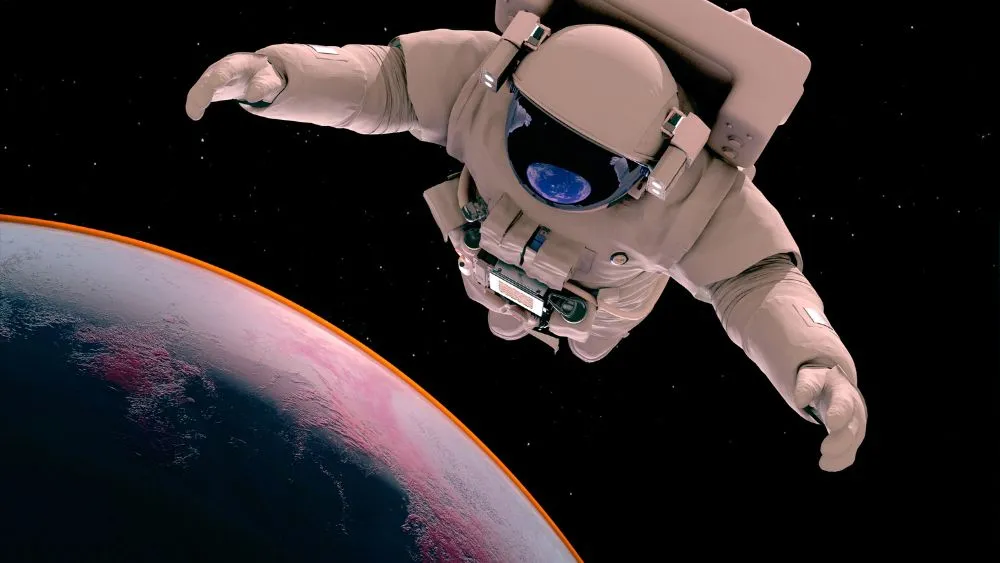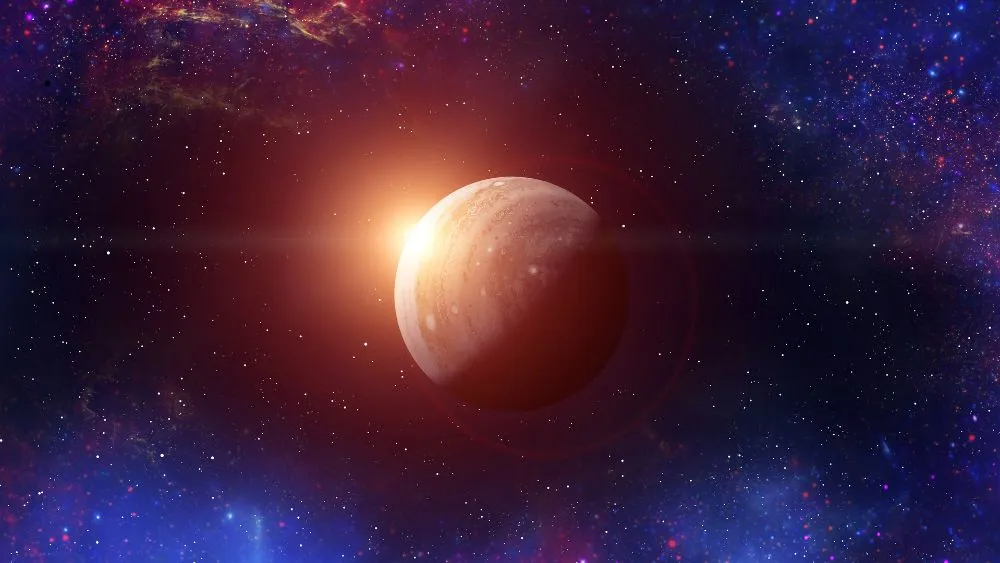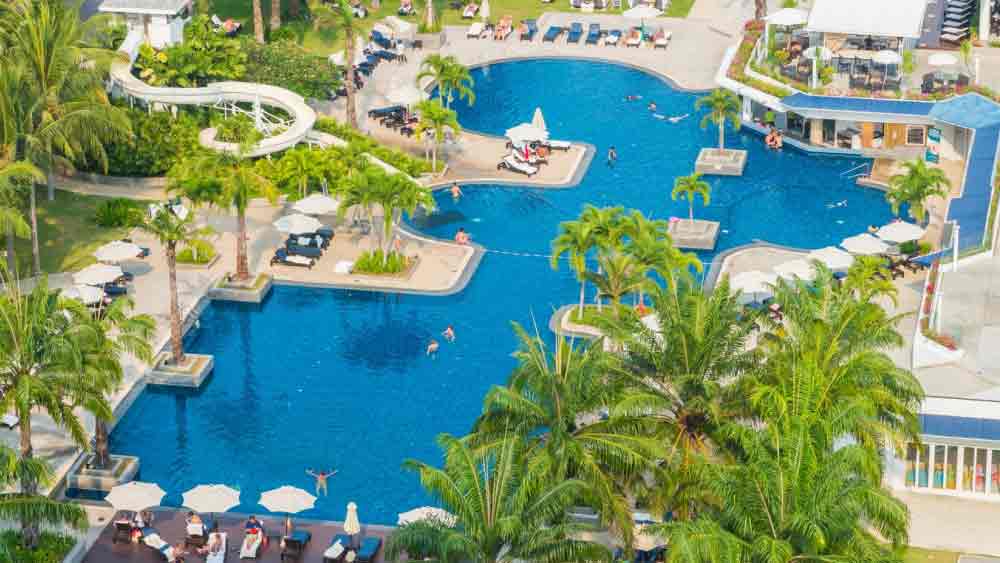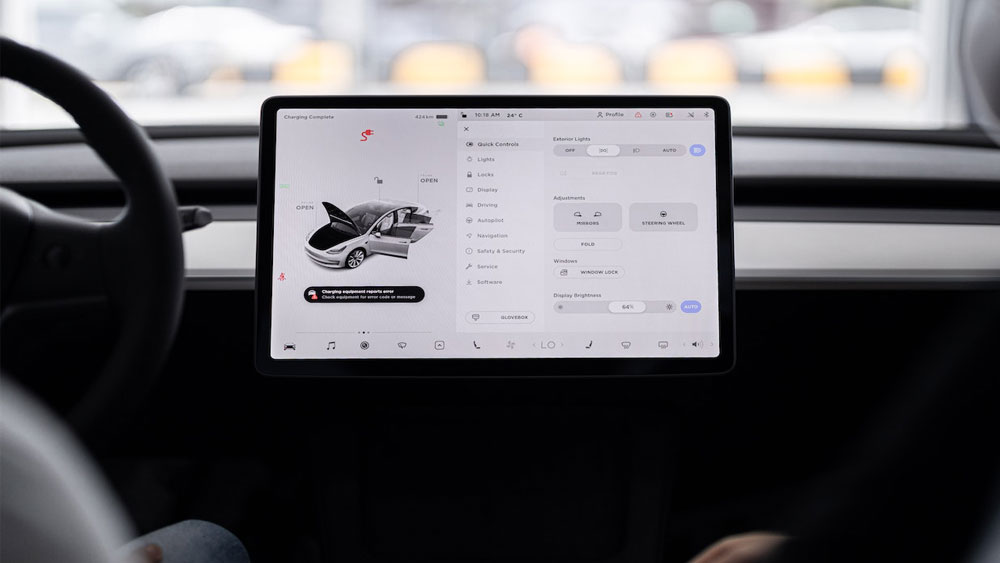Is Space Tourism Feasible in Our Lifetime?

Space exploration has witnessed significant advancements over the past few decades, driven by both governmental and private initiatives. NASA has been at the forefront of space missions, with each mission since 1965 having its own unique patch worn by astronauts. This tradition not only symbolizes the uniqueness of each mission but also emphasizes the dedication and distinctiveness of space exploration efforts.
The involvement of private companies such as SpaceX and Blue Origin has expanded the possibilities for space exploration beyond governmental boundaries. These companies have made tremendous strides in reducing the cost and increasing the frequency of space travel. Their involvement signals a transformative era in which space tourism becomes not just a dream but an impending reality.
However, despite the advancements, space exploration continues to be a challenging and costly venture. Each mission requires substantial investment in terms of technological innovation and resources. While technological hurdles are being addressed, the economic feasibility of space tourism remains a significant concern.
Challenges Facing Space Tourism
One of the primary challenges facing space tourism is the presence of foreign object debris in space, which costs the aerospace industry $12 billion annually, according to Forbes. This debris poses a significant hazard to spacecraft, making it a critical issue that must be addressed to ensure the safety of commercial space travel. Addressing this challenge involves advancements in debris tracking and removal technologies, which are crucial for the future of safe space tourism.
Another challenge is the risk of accidents, such as dust explosions, which have occurred over 3,500 times in the past 30 years, with a reported increase in incidents in 2019. These explosions, highlighted in Purdue University’s Department of Agricultural and Biological Engineering’s annual report, illustrate the volatile environment beyond our atmosphere. Ensuring the safety of passengers and crew is paramount, necessitating rigorous testing and accident-prevention strategies.
Additionally, the high cost of space travel remains a barrier that limits accessibility to the wealthy few. Developing technologies that reduce these costs is essential for making space tourism a feasible option for the broader public. Increasing the affordability of space travel will require innovative engineering solutions and economies of scale.
The Technological and Economic Outlook
Technological advancements are reshaping the prospects of space tourism, making it more feasible with each breakthrough. Reusable rocket technology, for instance, has been a game-changer, drastically reducing launch costs and increasing the viability of regular space missions. The continuous improvement in spacecraft design and safety measures further enhances the outlook for commercial space travel.
Economically, the space tourism industry has the potential to become a significant contributor to the global economy. As more companies invest in space travel, the competition should lead to lowered costs and more innovative solutions. This market-driven approach is expected to make space tourism more accessible over time, potentially within our lifetime.
Governmental support and international cooperation also play crucial roles in advancing space tourism. By establishing regulations and providing research funding, governments can help overcome the economic and technical barriers that currently exist. Collaborative international efforts can lead to shared advancements and a unified approach to the challenges confronting space tourism.
The Vision for Space Travel

The dream of space tourism is not just about leisure travel; it’s about humanity’s future among the stars. The vision involves not only travel to Earth’s orbit but also potential journeys to the Moon, Mars, and beyond. Such travels could pave the way for longer-term possibilities, such as space habitations and interplanetary travel.
As space becomes a potential arena for tourism, it is crucial to consider the ethical and environmental implications. Responsible travel practices must be established to ensure that space tourism does not lead to pollution and debris accumulation. Developing sustainable practices will be key to ensuring the longevity of this new frontier for humanity.
With space tourism poised on the brink of becoming a reality, its feasibility will depend heavily on our commitment to overcoming the current challenges. It requires technological ingenuity, economic investment, and international cooperation to build a future where space travel is a regular occurrence. Through sustained effort and innovation, we may see the dream of space tourism realized within our lifetime.
The concept of space tourism tantalizes the imagination and promises a new era of exploration and discovery. While current challenges are formidable, the advances in technology and economics indicate a promising future. Space tourism represents more than a novel vacation option; it is a step towards humanity’s broader exploration of the cosmos.
With technological advancements continuously evolving, the gap between science fiction and reality is narrowing. As the aerospace industry’s innovations make space travel progressively more feasible, the landscape of tourism is set to expand into space. This transformation is not only an achievement for science but a milestone for humanity as a whole.
Conclusion:
Achieving space tourism in our lifetime hinges on collaboration and innovation, paving the way for generations to explore beyond our planet. Whether through private enterprise or public initiative, the effort to make space tourism a reality will redefine what it means to travel. Ultimately, as barriers are surmounted, the mere notion of venturing into space for leisure may soon become an exciting and attainable opportunity for many.

news via inbox
Sign up and never miss out on the latest news and updates at HighStuff




